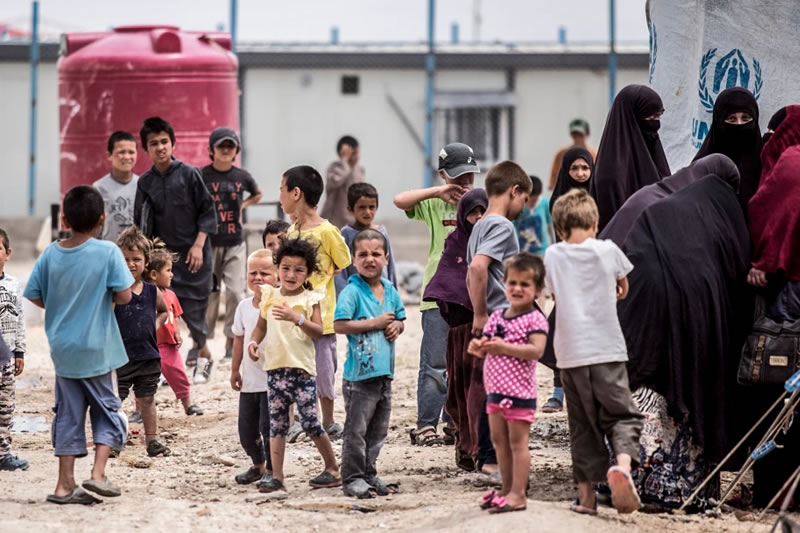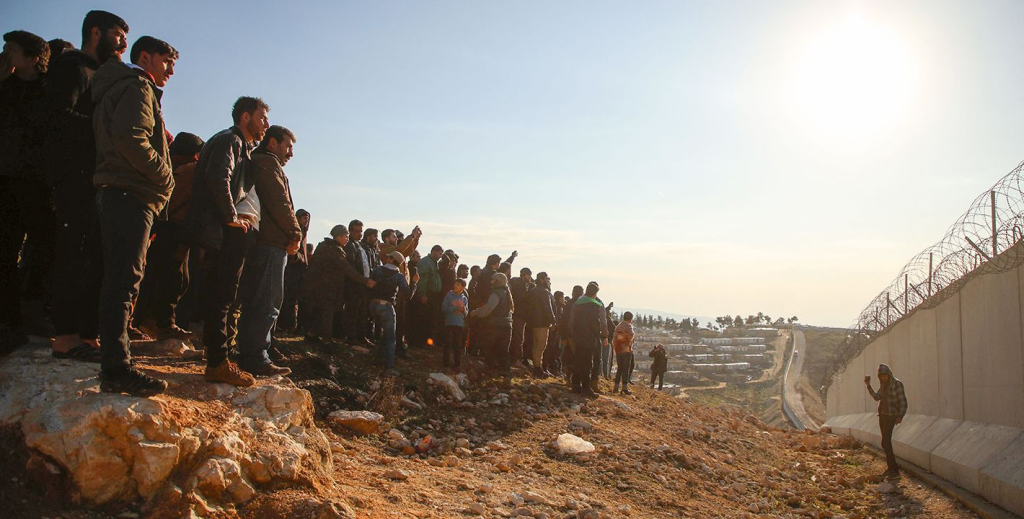

Countries Planning to Send Back Syrian Refugees. Does the Political Outbreak Constrain the Refugees to Predicament?
The refugee crisis of Syria is still an on-going humanitarian emergency in the world of modern history for more than two decades. It all began after the civil war which broke out in Syria in 2011 and the consequences of this brutal war forced many Syrian citizens to flee away from their homeland as refugees and settle down in the neighbouring countries which includes Turkey, Lebanon, Jordan and other European countries.
The unrest situation which arose due to the continuous rift between the rebels and the Syrian ruler Bashar al has turned the country upside down wrapped with economic devastation, political instability & human rights conflicts. It predominantly affected the Syrians of whom over 6.8 million were displaced in all these years (based on the reports of the UN).
Many nations are now forced to think about the idea of repatriation of the Syrian refugees to their country after the flee of the President Bashar al-Assad to Moscow followed by the capture of the government by the Syrian Opposition forces (HTS). This event marked the loss of balance of power and internal security by the Syrian ruler Bashar.
The Syrian refugees encounter innumerable hurdles and challenges after entering into other countries as asylum which includes hostility, limited resources, uncertain future, discrimination and more. They move on to live with throughout their life. To make their plight even more passive, many nations have stopped the asylum forms and decided to send back the Syrian Refugees to their home.
The Cypriot authorities and the Armed Forces of Lebanon are working together to protect the Syrian refugees entering the European border. They have unfurled a report which states that these refugees are desperate to reach Europe by boat which these authorities oppose, and quotes one of the statements of a refugee ‘I can’t go home, stay here or leave’. To exclude this significant risk and confirming that the few parts of Syria are becoming safe the Lebanon government has planned to return them to their home land.


Other countries who embraced the refugees with warmth are now pushing away forcibly from their countries which includes Austria, Denmark, Sweden, Turkey, Germany, Greece, Netherlands, Cyprus, and UK have cited the recent political outrage due to the unstable governance that has stopped the applications for asylum. Instead they have decided the repatriation of the Syrian refugees and they are revisiting their policies regarding the asylum. Though many of the refugees are forcibly returned to Syria, some claim that certain regions are still safer to live in, so they are reaching there.
The idea of repatriation of many nations along with the support from the United Nations who facilitated the return of around 30,000 Syrians to their home has kindled terrible opposition sparked among the human rights organisations in the world.
“By preventing Syrian refugees from leaving to seek protection elsewhere, and then forcibly returning them to Syria, Lebanon violates the fundamental prohibition on returning a refugee to face persecution, while the European Union helps pay the bills”, condemned the Refugee and Migrant rights researcher, Nadia Hardman.
Also Read | Conflict zones claim at least 68 journalists’ lives in 2024
At least six employees of the U.S. Agency for International Development (USAID) have been put under formal investigation for speaking…
Prince Harry's links to African charitable groups have come under considerable scrutiny after revelations of human rights abuses and internal…
April's unemployment rate in Canada reached 6.9%, the highest in the subsequent period since November 2024. Statistics Canada's data demonstrates…
In a major development, India and the United Kingdom have signed a new agreement providing solutions for Indian workers temporarily…
Former President Donald Trump is taking legal action to strike down one of the topics on the forgotten list of…
As U.S. retailers like Walmart and Costco pursue alternatives to Chinese and Bangladeshi suppliers due to rising tariffs, India's garment…
This website uses cookies.
Read More